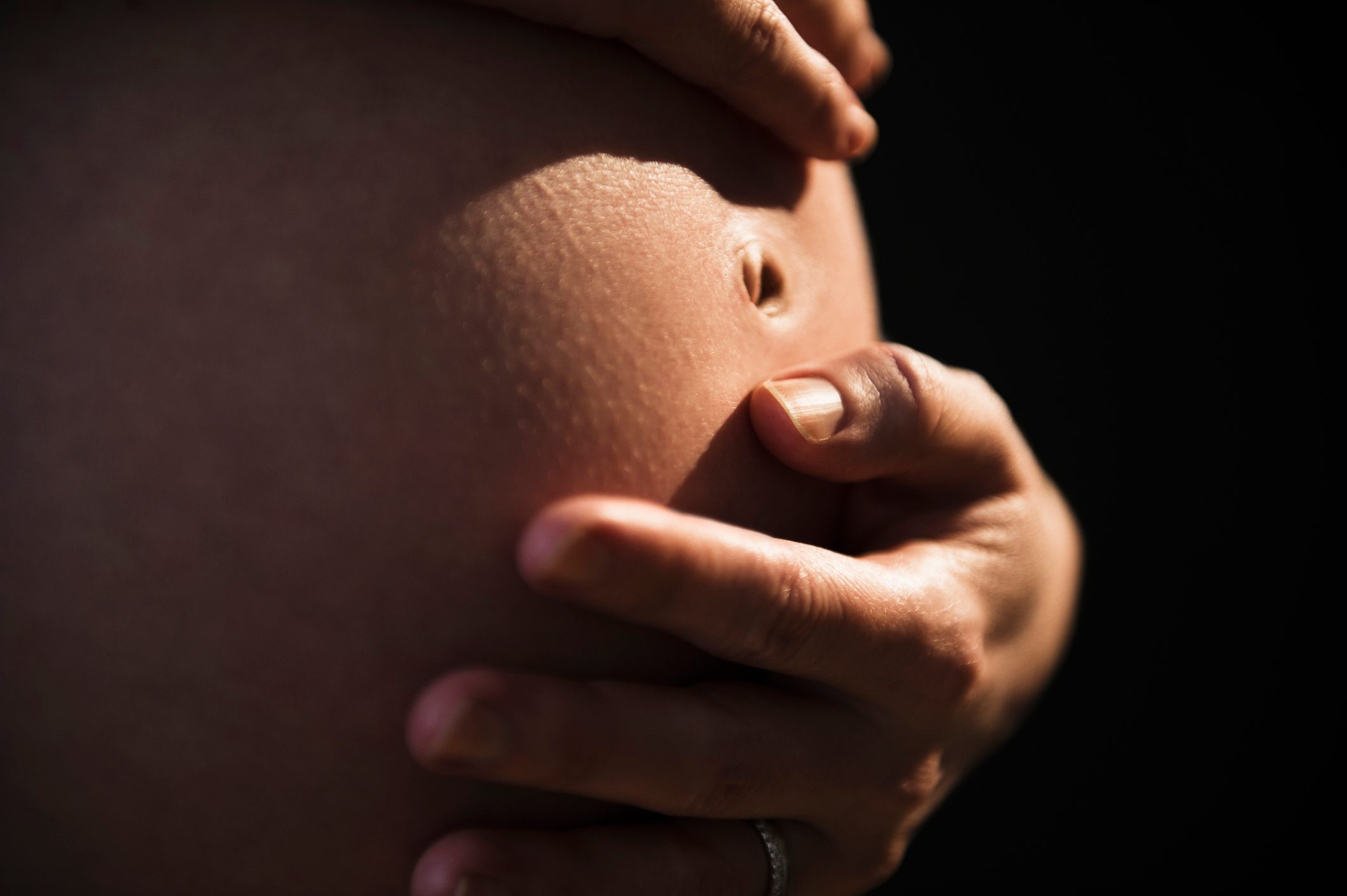It's one of the most powerful experiences in the lives of some women—and might uniquely strengthen immunity, too.

This Surprising Condition Could Offer Protection Against Long Covid, Study Says

Though the public health risk of COVID-19 is not the same today as during the height of the pandemic, national data shows Americans are still losing their lives from the disease every week. And for 20 million Americans who have been diagnosed with long COVID, lingering effects from their infection can greatly disturb everyday life, according to health experts at Yale Medicine.
But a recent study, published in the scientific journal Nature Communications, found that women in the midst of one particular life experience could have better protection against developing long COVID.
Analyzing data from two electronic U.S. health databases, researchers—from Weill Cornell Medicine, University of Rochester Medical Center, University of Utah Health, Louisiana Public Health Institute, and other health organizations—determined “the rates of long-term complications related to COVID-19 are lower among pregnant women” versus women who were not pregnant when they had COVID, according to a press release about the study.
Specifically, the research team examined data from about 72,000 women who were pregnant and also had COVID sometime between March 2020 and June 2023. They compared that information with data on 208,000 women, with similar age and demographics, who had COVID during that same time period but were not pregnant.
The team “looked for signs of long COVID” 180 days after infection. When compared, the study found:
- 16 out of every 100 pregnant women developed long COVID
- 19 out of every 100 non-pregnant women developed long COVID
Long COVID, as described in the press release, can involve a number of symptoms, including cognitive problems, shortness of breath, fatigue, encephalopathy (conditions causing brain dysfunction), sleep disorders, chest pain, and more.
Said one of the study’s authors, Dr. Chengxi Zang: “We hypothesize that the altered immune and inflammatory environment lasting about six weeks after giving birth might contribute to lowering the risk of Long COVID.” Dr. Zang is an assistant professor in population health sciences at Weill Cornell Medicine.
However, certain groups of pregnant women did exhibit a higher risk of long COVID, including those who:
- Identified as Black
- Had advanced maternal age (age 35 or older at delivery)
- Had a COVID infection during the first or second trimester
- Had obesity or other metabolic conditions
Still, the press release states their risk was “was still lower than their matched non-pregnant controls.”
“Further research on factors such as inequitable healthcare access, socioeconomic factors and structural racism may help us understand the elevated COVID risk in these groups and find ways to protect them,” suggested Dr. Zang.
For daily wellness updates, subscribe to The Healthy by Reader’s Digest newsletter and follow The Healthy on Facebook and Instagram. Keep reading:
- New National Data: Less Than 20% of This Vulnerable Group Are Getting Their Covid Vaccine
- New Research: 75% of Past COVID Patients Now Have This Heart Condition
- 78% of This Group Were Hospitalized with Covid-19, Finds New Study
- “What I Wish I’d Known About Pregnancy”: A Doctor Details What Expectant Parents Should Know



















